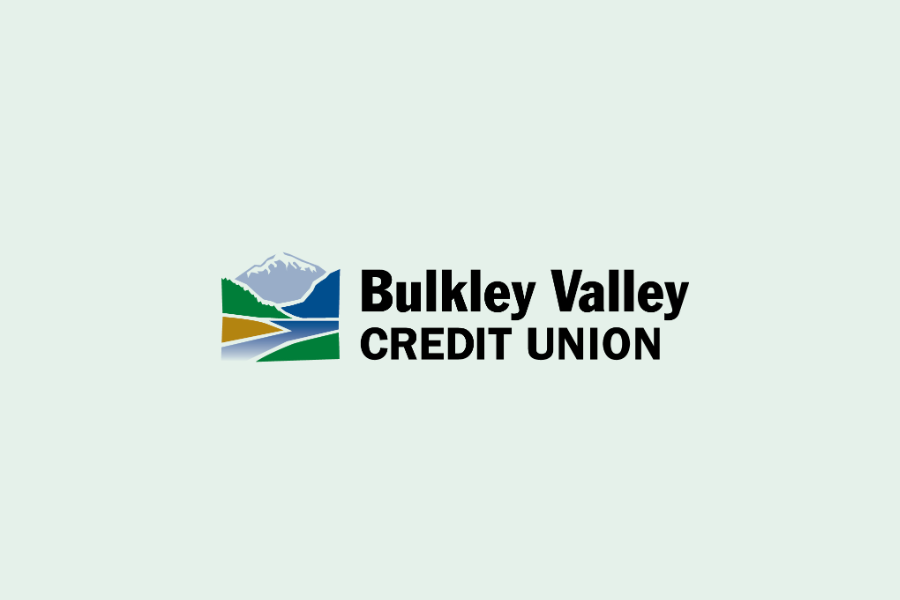Get some tips on responsible borrowing
Credit can be your friend or your foe. When used to your advantage, you can gain a lot of benefits. Used unwisely can lead to problems and stress.
- Types of borrowing
- Smarter borrowing
- How much to borrow
- Applying for a loan
- Your responsibilities
Borrowing basics
When managed sensibly, borrowing is a great way to access extra money to pay for things you want or need.
In its simplest terms, borrowing money means entering into a contract where you agree to accept a set amount of money and pay those funds back with agreed terms.
Those terms include details of the repayment, time it will take to repay the funds, payment schedule, and interest you will pay to borrow the money.
Common types of borrowing
Personal loans
Personal loans are handy for unexpected or larger than usual purchases, such as car, recreational vehicle, or debt consolidation. Personal loans will have a significantly lower interest rate than credit cards.
Mortgages
Mortgages are a long-term loan to purchase a home or recreational property. Our mortgage products can be used with home equity to purchase a car or fund home renovations.
Credit cards
These are higher interest lending products that are used for everyday purchases. Many provide additional benefits, such as reward points. Interest is owed on balances outstanding.
Lines of credit
A pre-approved loan up to a certain limit that is available when you need funds, for example for a travel emergency, car repairs, or to take advantage of one-time deals and bargains.
Understanding your credit report
Your credit report determines your credit-worthiness and credit history. Credit checks are conducted by lenders when you are looking to obtain credit. They inform the lender of your past performance in meeting your financial obligations. As one step in the process of conducting a credit check, the lender will contact the local credit bureau.
As a consumer, you have the right to know what information is on your file with the credit bureau. It’s a good idea to check it periodically to be sure that this information is correct. You can visit the Equifax Canada website for your personal, accurate information.
Tips for smart borrowing
Spend wisely
Be careful not to let the convenience of credit lure you into unwise spending. Credit isn’t free money and all purchases done using these methods should be completed with caution.
Boost your savings
How do you build savings, have money for emergencies, and pay regular expenses? A Line of Credit is there for when you need it, and doesn’t cost you anything when not being used.
Contribute to your RRSP
Increasing your contributions each year reduces your taxes owed, could provide a return, and sets you up for a better retirement. RRSP loans can be beneficial if paid off quickly.
Take advantage of deals
Those hot deals on big items don’t always fall when they should. It can be advantageous to take out a small loan when it’s on sale, saving you money.
Think long-term
Your big purchases such as a house require a long-term financial commitment. Consider the monthly payments added to your expenses, while still giving yourself some breathing room.
Have a budget
All of life’s financial choices can come down to solid budgeting. Having a household budget that grows with your changing needs will make all the difference.
How much should you borrow
There are many considerations before you borrow money, including how much you can afford to borrow. Although everyone’s situation is different, a general rule of thumb is to not extend your borrowing over 40% of your gross monthly income.
Only borrowing what you need, not just as much as you can get, is the best way to ensure you don’t overextend yourself. Establishing a budget will allow you to see the whole picture and make it easier for decision-making and long-term planning.

Download your complete guide to budgeting
Get more tips and techniques for successful budgeting with our guide.
- Creating your budget
- Making budget entries
- Using your budget in your financial planning

